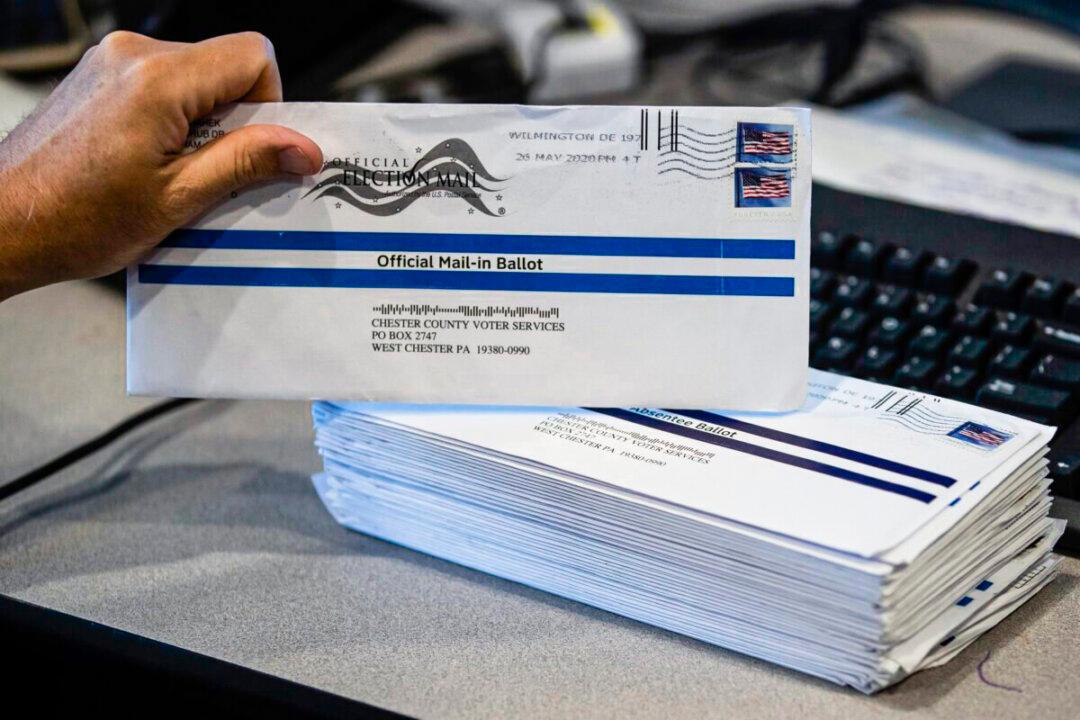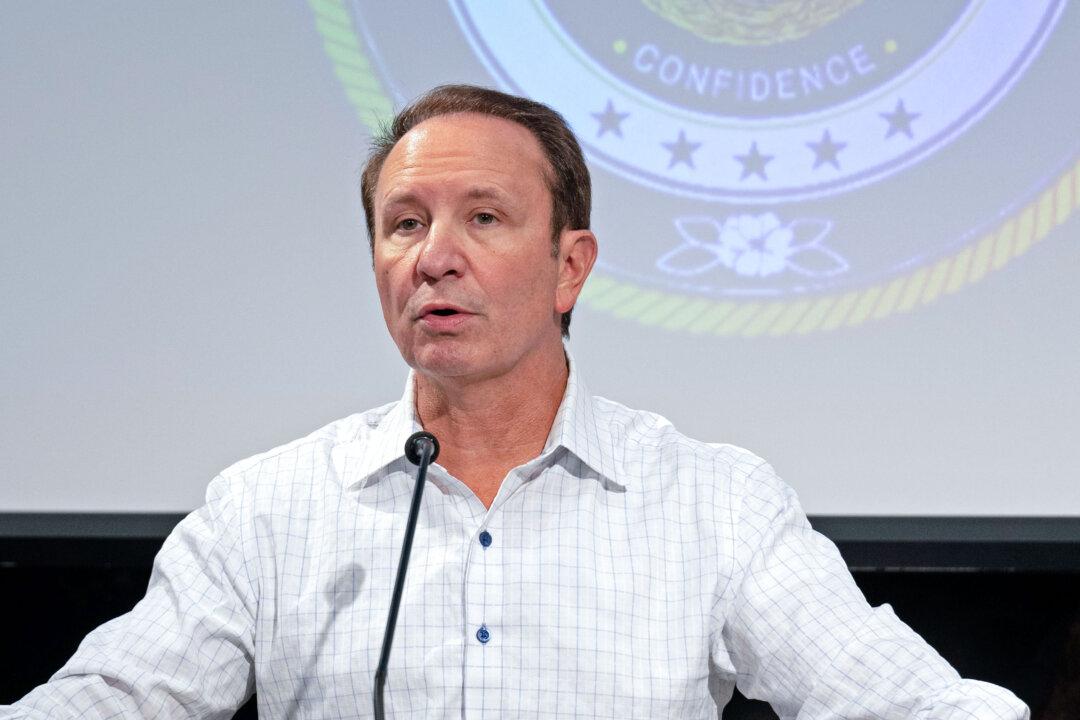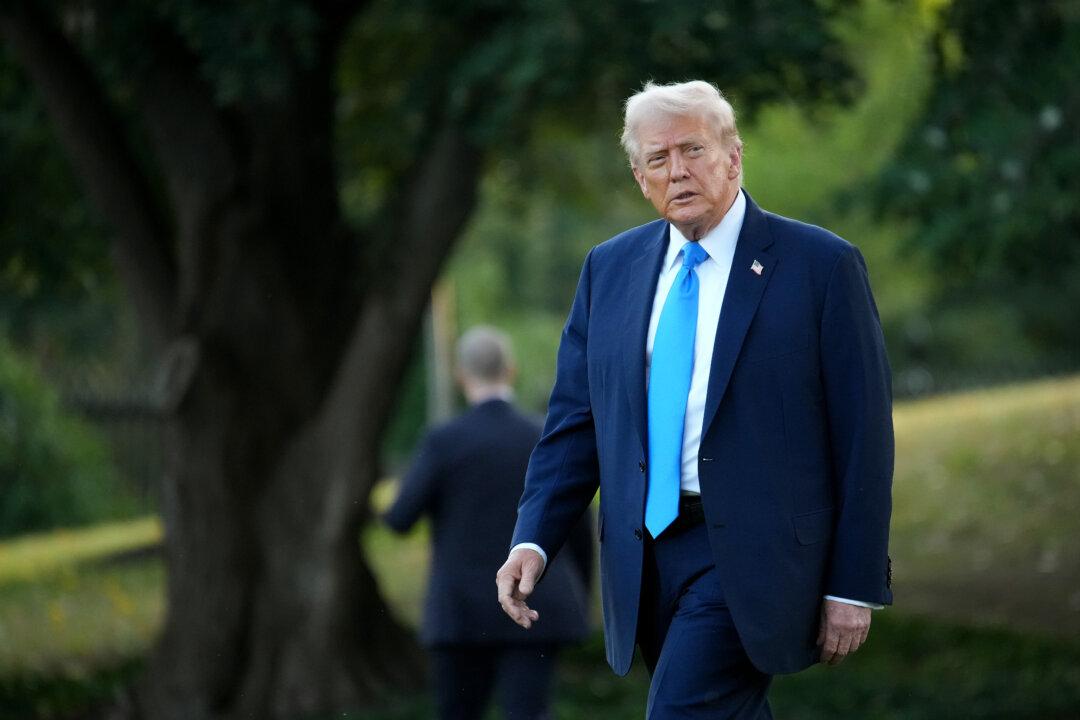Pennsylvania state is suing officials from three counties to force their local governments to count undated mail-in ballots from a recent primary election.
The Pennsylvania Department of State (DOS) and Acting Secretary Leigh Chapman filed a lawsuit on July 12 against the boards of elections of three counties in the commonwealth—Lancaster, Berks, and Fayette—to seek a court injunction forcing the counties to count undated mail-in ballots cast in Pennsylvania’s 2022 primary elections.





